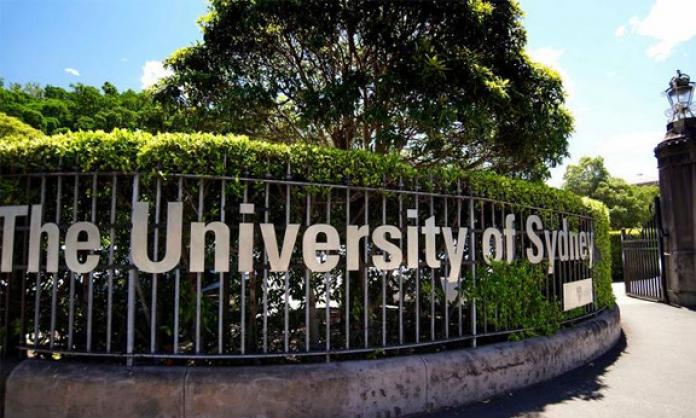Union members at the University of Sydney will vote on 8 June to ballot for authorise industrial action for a new workplace agreement. The agreement currently covering university workers expired two months ago. The decision to ballot for action is a rapid escalation of the campaign for a new deal and a response to two key attacks.
The first is a proposal to increase academic workloads. Currently, the agreement dictates that the workload of academic staff is split according to a formula: research (40 percent), teaching (40 percent) and administration (20 percent). The 40/40/20 model is an important workplace condition on university campuses. It ensures that staff can maintain reasonable workloads, have equal access to research opportunities and can’t be forced to take on additional teaching and administration duties.
wants to replace the 40/40/20 model with one that is “flexible” in each department. This would be a disaster for staff. Each academic would be forced to negotiate his/her individual workload with a supervisor every semester. Inevitably, favoured staff would get better workload agreements, and most people would find they are pushed to do more.
The second attack affects job security for general staff. Currently, when a job comes up at the university, management must advertise it internally before going for external recruitment. This condition is particularly important in the event of a restructure because it gives workers an opportunity to be redeployed if their position is made redundant.
If management is able to undertake wholesale restructures without then going through the internal advertising process, a restructure becomes a quick and easy way to replace a union workforce. Staff recruited to the university from the corporate sector are less likely to be members of a union or to have good conditions or wages and continuing roles. The university’s current strategic plan is underpinned by faculty amalgamations and department restructures. Management does not deny that redundancies will happen. Union members can see the writing on the wall.
The National Tertiary and Education Union has already organised a number of successful events as part of the bargaining campaign, including, poster blitzes, working bees and a “No more toxic workplaces” speak-out against the punitive culture of management at the Student Centre.
All of the activities have drawn new staff into the campaign. The union meeting called to discuss industrial action was attended by around 100, and the vote to consider industrial action was carried unanimously. Since then, union members have organised 20 workplace meetings, more leafleting sessions and poster blitzes to build the campaign.
By contrast, two town hall-style meetings organised by management have attracted about 30 people each. The campaign is off to a good start, and we know that management can afford our claims – since 2014, it has spent $22 million on redundancies alone. But it will likely take serious industrial action for us to win.
Alma Torlakovic is a Sydney University NTEU branch committee member










